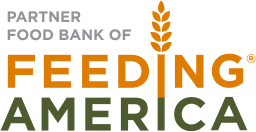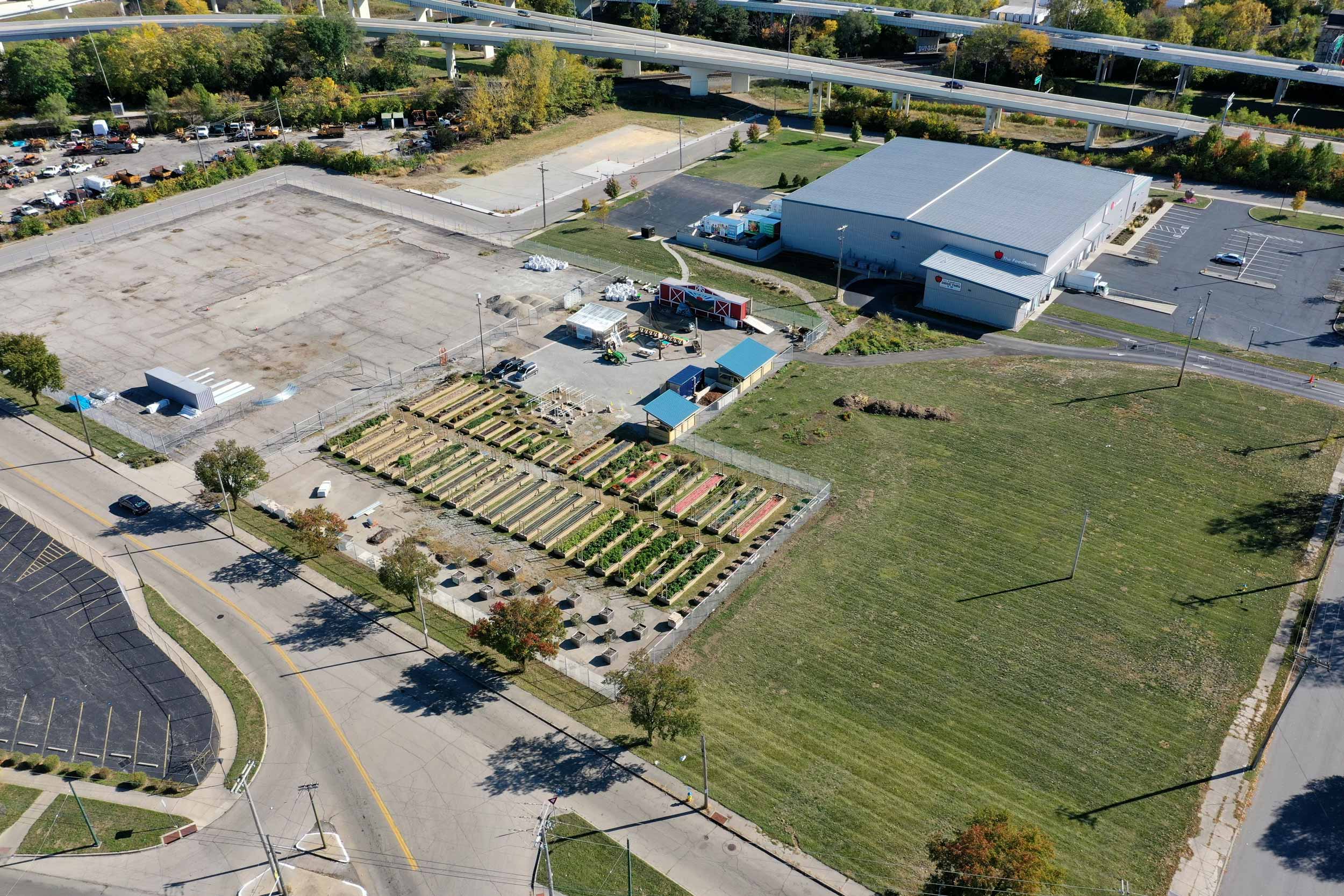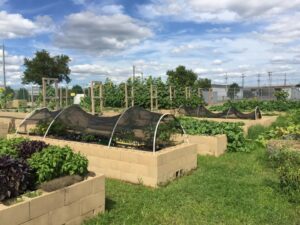It’s time to close the book on college hunger
Despite that an estimated one-third of college students are food insecure, most are ineligible to receive SNAP benefits
By Emily Gallion, Grant & Metrics Manager/Advocacy Manager, and Caitlyn McIntosh, Intake/Volunteer Support
It’s a familiar joke: “College students live on ramen.” We all recognize the stereotype that college students live on cheap, calorie-rich “junk” foods. However, the reality lurking behind this narrative is much more troubling.
A 2019 survey found that 34 percent of college students were food insecure in the previous 30 days. As with the general population, certain students are more likely to face food insecurity, including students of color, students who are transgender or nonbinary, and students enrolled at two-year institutions.
While many assume that most college students rely on funding from their parents, this has become more and more incorrect. In 2018, the Government Accountability Office found that 71% of college students were “nontraditional,” meaning they are financially independent, working full time, enrolled part-time, have dependents of their own, or did not receive a high school diploma.
The “traditional” student, one who enrolls in college full-time after completing high school and is dependent on their parents, represents less than one-third of the college population.
We are all aware of the impacts food insecurity has on an individual’s health and well-being. College students who are food insecure also face poorer educational outcomes than their peers. A John Hopkins study found that food insecure students were 43 percent less likely to graduate and 61 percent less likely to get an advanced degree.
“Policies to increase access to higher education need to really help students afford the full cost of higher education, meaning their living expenses as well as tuition rates,” an author of the study said.
Given the extent of food insecurity in this population, as well as the impact on college success, it is clear that hunger is a major barrier for college graduation. While education is supposed to provide equal opportunity, these barriers are disproportionately felt by students from low-income families, students of color, and students who are transgender — magnifying existing inequalities.
The Supplemental Nutrition Assistance Program (SNAP, formerly known as Food Stamps) is the nation’s number one defense against hunger. However, college students are generally not eligible to receive SNAP benefits.
There are certain exemptions to this policy: students are eligible if they are enrolled in college less than half-time (as defined by their financial institution), work more than 20 hours per week, are enrolled in a federal or state work-study program, or meet other criteria. For a full list of eligibility requirements, visit the USDA’s guide here.
During the pandemic, the Consolidated Appropriations Act expanded exemptions to students who are eligible to participate in federal or state work study or have an Expected Family Contribution of $0 on their Free Application for Federal Student Aid (FAFSA). These exemptions are temporary and will expire 30 days after the federal health emergency designation is lifted.
One bill, the Expanding Access to SNAP (EATS) Act of 2021, seeks to make college students eligible for benefits by counting college attendance towards SNAP work requirements. This bill was introduced in the House of Representatives in March and the Senate in July. An article in The Counter, a nonprofit newsroom that covers the US food system, called the bill’s chances “slim in a divided Congress.”
It is imperative that students have access to enough food to live a healthy, active lifestyle — and focus on their education. To learn more about food insecurity in college students, check out Feeding America’s research on the subject.





No comment yet, add your voice below!